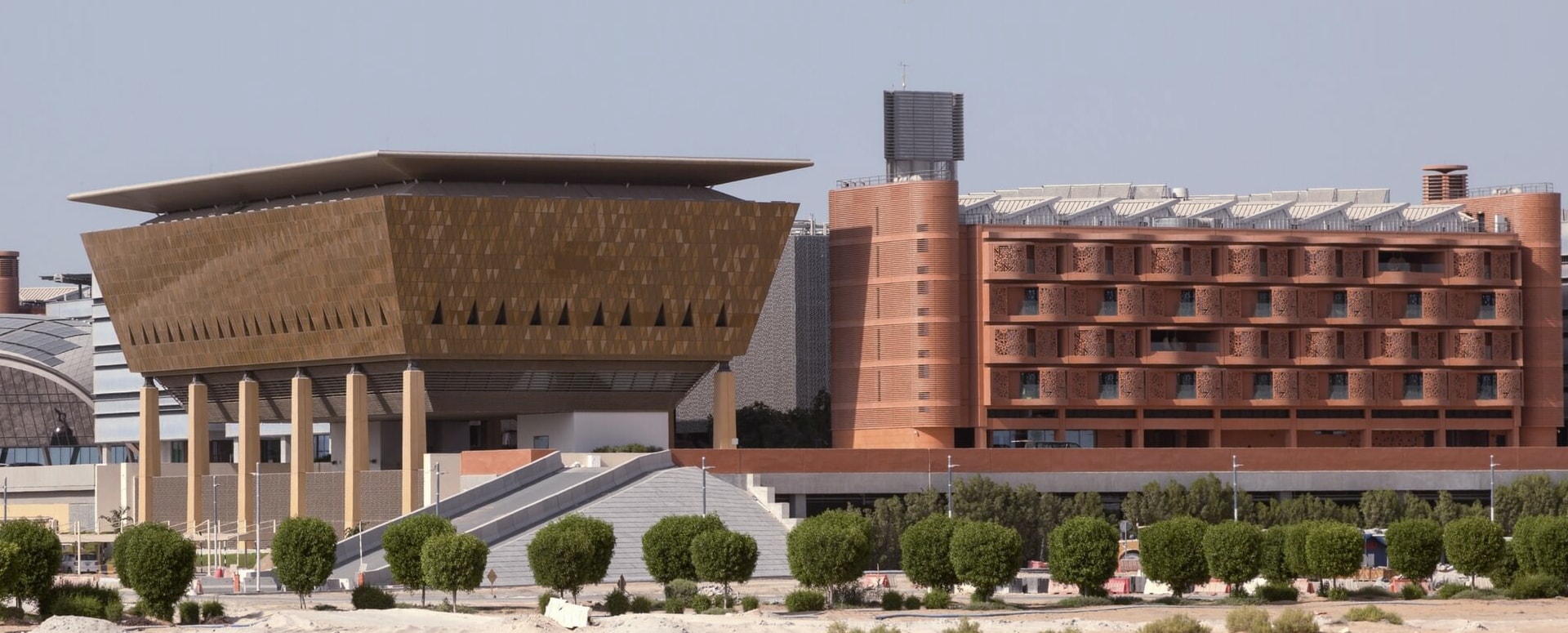
Masdar Institute of Science and Technology
Master of Science in Mechanical Engineering
Mechanical engineering is a broad engineering discipline with a range of activities and functions that touch almost every aspect of technology. It covers subjects related to energy, fluid mechanics and dynamics, solid mechanics, heat transfer, and design and manufacturing. This diverse background uniquely positions mechanical engineers to help define the future of technology and play a critical role in solving global energy and sustainability challenges.
The Mechanical Engineering (MEG) Program at Masdar Institute aspires to become renowned for outstanding graduate education and research that is at the forefront of engineering advancements. The mission of the program is to provide students with the fundamental knowledge, skills, and professional experience necessary for successful careers in industrial or academic roles that involve alternative energy and sustainable technologies.
Graduates of the Mechanical Engineering Program at Masdar Institute will be able to work collaboratively, conduct independent and multidisciplinary research, communicate effectively and recognize their role in solving global challenges, while simultaneously promoting sustainable engineering principles.
Program Goals
The MSc in Mechanical Engineering Program goals are to produce post-graduate students with the disciplinary preparation that meets the following goals:
- An ability to identify and address current and future mechanical engineering problems related to energy sources, production, conversion, efficiency, and control within a broader framework of sustainable development;
- An ability to apply a multi-disciplinary approach to conceive, plan, design, and implement solutions to mechanical engineering problems in the field of energy and sustainability;
- An understanding of the impact of solutions to energy problems in a global, economic, environmental, and societal context; and
- An understanding of the value of technical and scientific scholarship, service to society, leadership and lifelong learning required to further their career aspirations.
- Successfully apply advanced concepts of fundamental sciences and engineering to identify, formulate and solve complex mechanical engineering problems;
- Successfully apply advanced concepts of mechanical engineering to the analysis, design and development of systems, components, or processes to meet needs of society professionally and ethically;
- Use an advanced approach to design and conduct experiments, and to analyze and interpret data;
- Be continuously aware of contemporary issues and research opportunities/challenges related to energy and sustainability and engage in lifelong learning in the field and in the fundamentals of other related disciplines;
- Use advanced techniques, skills, and modern scientific and engineering software tools for professional practice; and
- Communicate effectively in written and oral form, both, individually and as a member of a multidisciplinary team.
- Hydrodynamics of wave power extraction
- Advanced technologies and controls for building energy efficiency
- Modeling of the urban thermo-fluid environment
- Waste-to-energy conversion via gasification
- Wind flow simulation on low and high rise structures including wind turbines
- Sustainable manufacturing
- Nuclear reactor engineering
